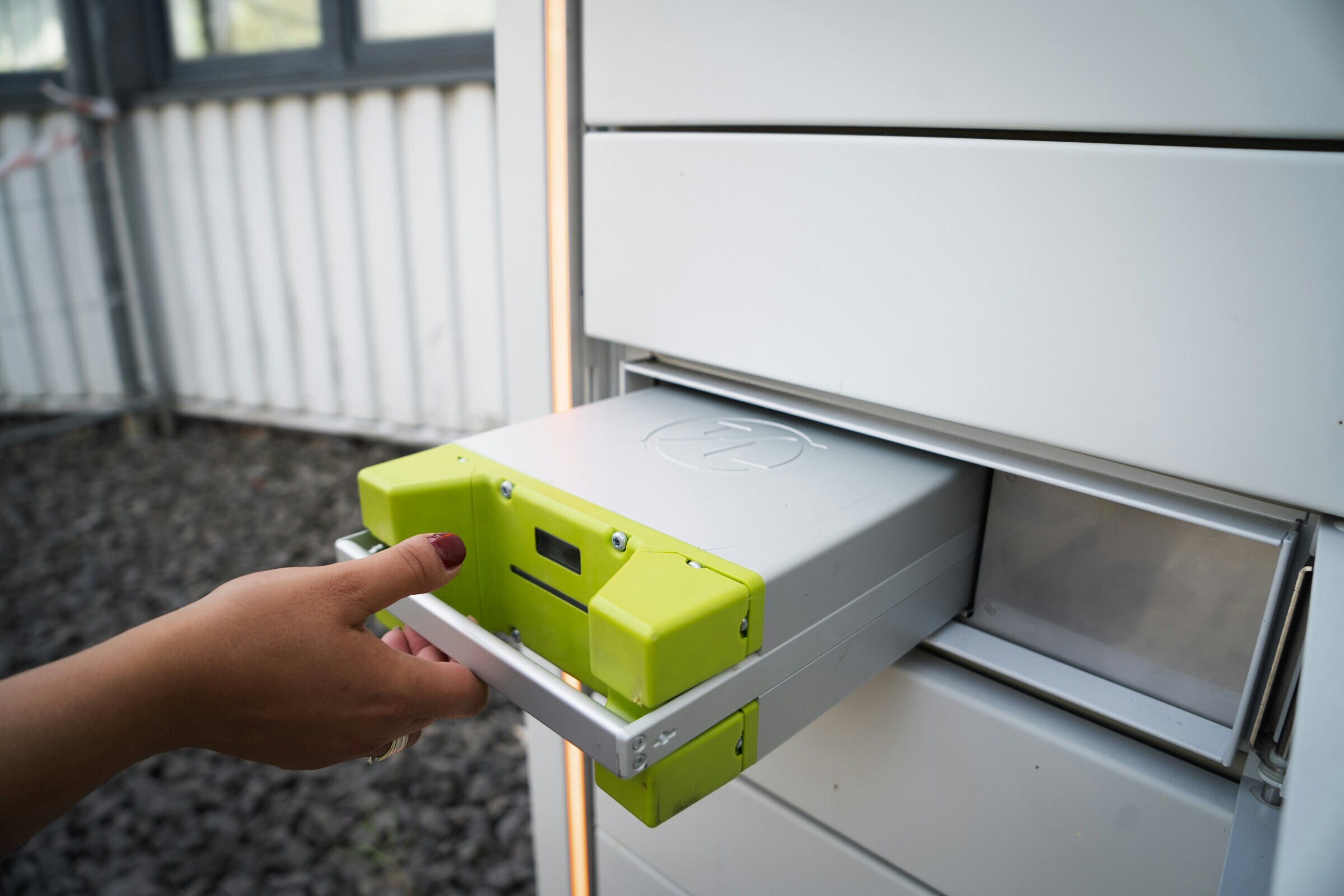Types of Solar Energy Systems
Apr 23, 2025Solar energy systems can be categorized into several types based on their design, functionality, and application. Understanding these types is essential for homeowners considering solar energy options. The three primary types of solar energy systems are photovoltaic (PV) systems, solar thermal systems, and concentrated solar power (CSP) systems. Each type offers unique benefits and can be tailored to meet specific energy needs.
Photovoltaic systems are the most common type of solar energy system used in residential applications. These systems convert sunlight directly into electricity through solar panels composed of semiconductor materials. Homeowners can install PV systems on rooftops or in open areas on their property. The electricity generated can be used to power home appliances, lighting, and even electric vehicles. Additionally, PV systems can be grid-tied, allowing homeowners to sell excess electricity back to the grid, or they can be off-grid, providing energy independence in remote locations.
Solar thermal systems, on the other hand, use sunlight to heat water or air for residential use. These systems typically consist of solar collectors that absorb solar energy and transfer it to a fluid, which then heats water for domestic purposes like bathing, cooking, or space heating. Solar thermal systems are particularly effective in climates with ample sunshine, allowing homeowners to significantly reduce their water heating bills. They can be integrated with existing water heating systems or used as standalone solutions, providing flexibility to homeowners.
Concentrated solar power systems utilize mirrors or lenses to concentrate sunlight onto a small area, generating heat that can be used to produce electricity. While CSP systems are more commonly used in large-scale power plants, there are emerging technologies that adapt these systems for residential use. Homeowners with ample land and a desire for a more significant investment may find CSP systems to be a viable option, especially in sunny regions. These systems can provide a consistent and reliable power source, making them an attractive choice for those looking to maximize their solar investment.
Lastly, hybrid systems combine elements of different solar technologies to create a more versatile energy solution. For example, a hybrid system might integrate both PV and solar thermal technologies, allowing homeowners to benefit from the strengths of both. This approach can enhance energy efficiency and provide a backup power source during periods of low sunlight. Homeowners interested in maximizing their energy savings and reducing their carbon footprint may find hybrid systems to be an excellent option, catering to a variety of energy needs and preferences.
In conclusion, homeowners have several options when it comes to solar energy systems, each with its own advantages and considerations. By understanding the differences between photovoltaic, solar thermal, concentrated solar power, and hybrid systems, homeowners can make informed decisions that align with their energy needs and sustainability goals. As solar technology continues to evolve, the potential for energy savings and environmental benefits will only increase, making solar energy an attractive option for homeowners everywhere.
Take Action Today for a Brighter Tomorrow!
Are you ready to make a positive change? Whether it's investing in solar energy for your home, improving your financial well-being, or embracing a healthier lifestyle, now is the time to act! Don’t wait for the perfect moment—take the first step today.
Join our community and stay informed! Subscribe to our newsletter for the latest tips, insights, and exclusive offers directly to your inbox.
Contact us now to learn more about how you can benefit from being part of our community. Together, we can create a sustainable and prosperous future!
Let’s make it happen—your journey starts here!
Stay connected with news and updates!
Join our mailing list to receive the latest news and updates from our team.
Don't worry, your information will not be shared.
We hate SPAM. We will never sell your information, for any reason.

